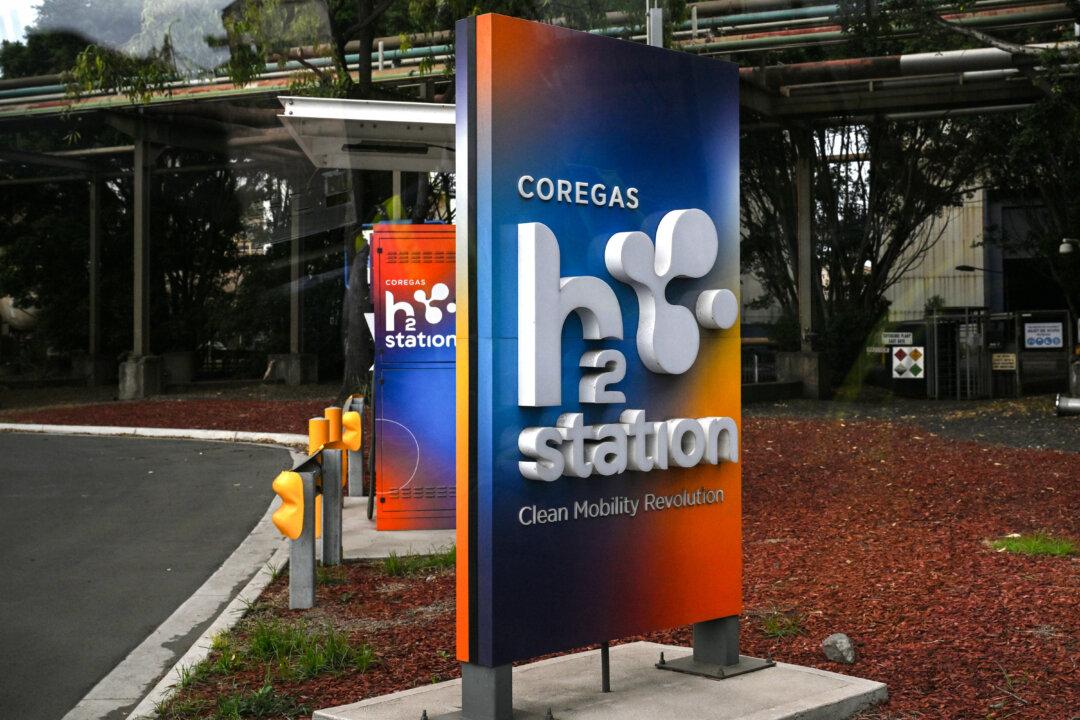A peak body for the mineral sector says a proposed hydrogen production tax credit scheme is insufficient to counterbalance government policies hindering investment in Australia.
This comes as the federal Labor government pushes its Future Made in Australia (Production Tax Credits and Other Measures) Bill 2024 aimed at offering incentives to grow the country’s renewable sector.





